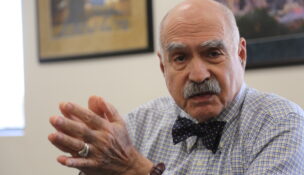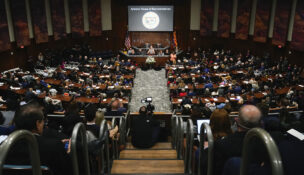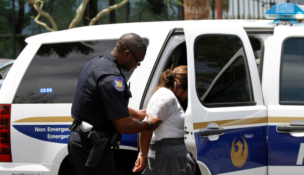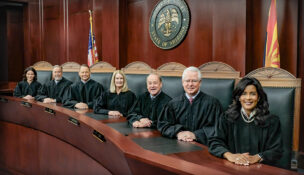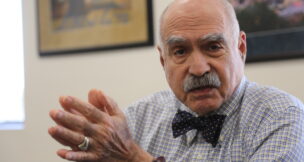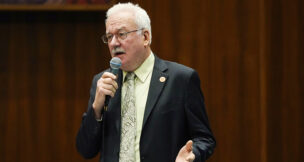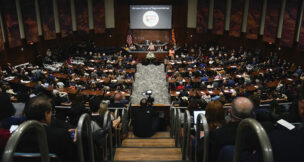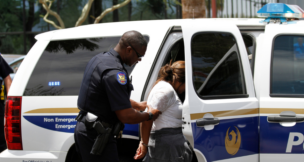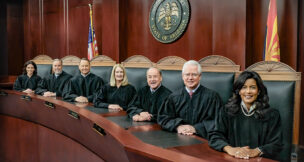U.S. Supreme Court upholds Tucson’s council election system
Howard Fischer, Capitol Media Services//March 20, 2017//
U.S. Supreme Court upholds Tucson’s council election system
Howard Fischer, Capitol Media Services//March 20, 2017//
The U.S. Supreme Court this week will consider, for the 13th time in a row, whether to hear an appeal of an Arizona death-penalty case. Experts...
No tags for this post.






